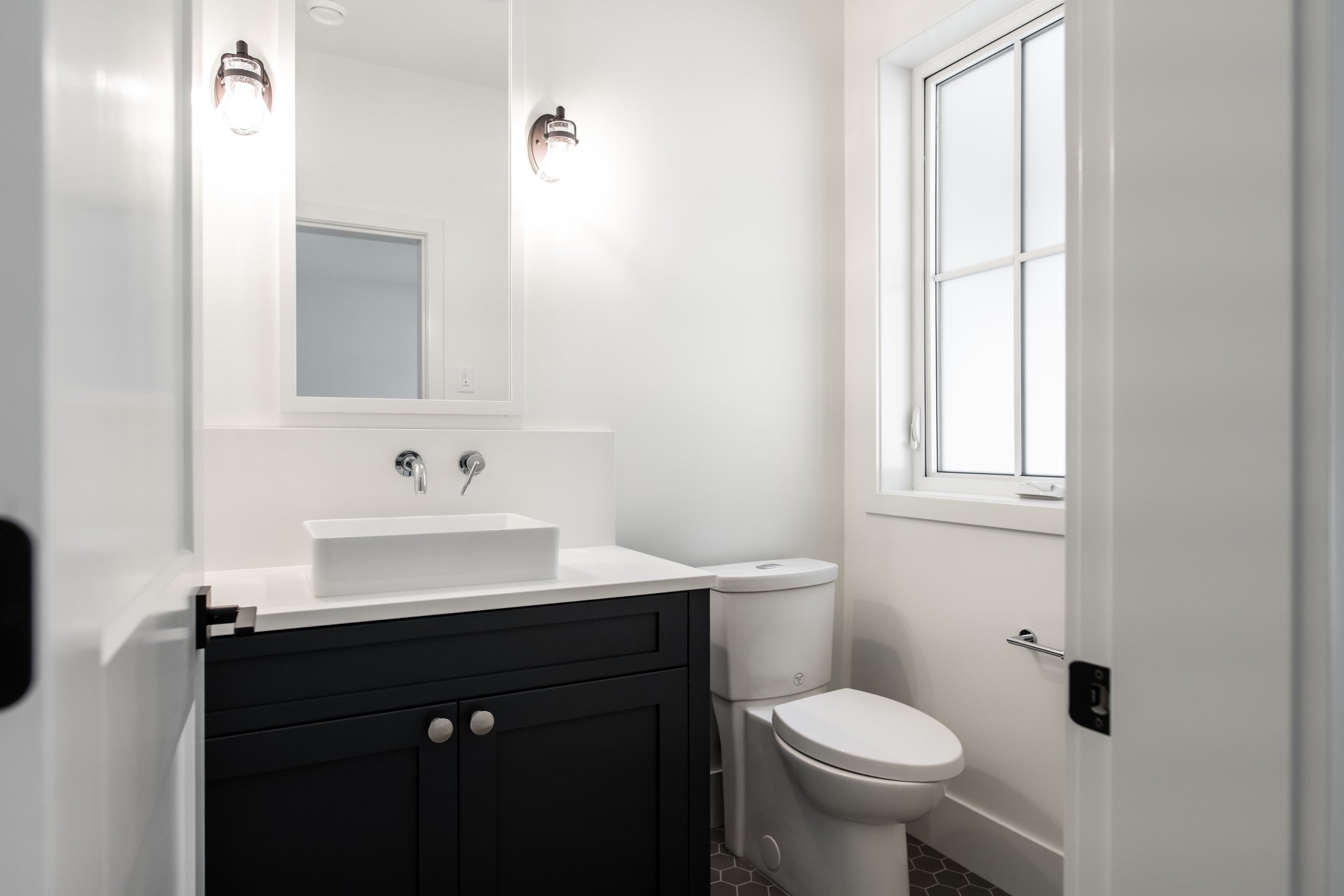Introduction
The importance of HVAC systems in homes cannot be overstated. Without them, we face uncomfortable temperatures and air quality that can be detrimental to our health. In recent times, there has been a shift towards electric HVAC systems as a more efficient and environmentally friendly alternative to traditional gas-powered HVAC systems. In this article, we will explore 10 reasons why electric HVAC systems might just be the future of home heating and cooling.
Energy Efficiency – One of the primary benefits of electric HVAC systems is their energy efficiency. When compared to gas-powered systems, electric HVAC systems consume much less energy, resulting in lower energy bills. This is because electric HVAC systems convert nearly all the energy they consume into heat or cool air, while gas-powered systems lose a significant amount of energy during the combustion process.
Safety and Health – Gas-powered heating systems pose several risks that electric HVAC systems do not. The risk of gas leaks and explosions is always present and poorly installed or maintained gas systems can emit the deadly carbon monoxide gas. Electric HVAC systems, on the other hand, do not produce toxic gases and are a safer alternative. Reducing carbon monoxide emissions is significant, as it is a poisonous gas that can be fatal to humans. While gas-powered systems are a major source of carbon monoxide, electric HVAC systems produce significantly fewer emissions.
Environmental Friendliness – Electric HVAC systems are more environmentally friendly than systems powered by oil or gas. This is because they produce significantly fewer harmful emissions than most types of HVAC systems. Additionally, as the production of renewable energy continues to increase, the electricity that powers electric HVAC systems will become even cleaner.
Longevity – Electric HVAC systems have a longer lifespan and require less maintenance compared to gas-powered systems. This is because they have fewer moving parts, which reduces wear and tear. As a result, electric HVAC systems are less likely to break down and do not require expensive repairs.
Continuous Performance – Electric HVAC systems provide constant performance, while gas-powered systems have intermittent performance. This means electric HVAC systems can maintain a consistent temperature in your home, which is not possible with gas-powered systems.
Flexibility – Electric HVAC systems can be used in a wide variety of properties, including homes, apartments and commercial buildings. They are also more flexible in terms of where they can be installed, making them an attractive option for those with limited space.
Low Maintenance – Compared to gas-powered systems, electric HVAC systems require less maintenance and are therefore less expensive to maintain. This is because they have fewer moving parts, which means there are fewer parts that can fail.
Technology – Improved Technology Advancements in electric HVAC systems are continuously being made, resulting in systems that are easier to use, more efficient and require less maintenance. Electric HVAC systems have advanced features that traditional gas-powered systems cannot match and it is just getting better with time.
Conclusion
In summary, electric HVAC systems offer numerous benefits over traditional gas-powered systems. From energy efficiency to improved safety to environmental friendliness, there are many reasons why electric HVAC systems are the future of home heating and cooling. While there are still questions about the cost of electric HVAC systems and their overall effectiveness, the benefits they provide make them an exciting alternative to traditional gas-powered systems.
FAQs:
- Are electric HVAC systems more expensive than traditional gas systems?
Electric HVAC systems tend to be slightly more expensive initially, but the lower energy bills and reduced maintenance costs over time can offset this.
- Will an electric HVAC system cost more to install?
Electric HVAC systems may cost more to install than traditional gas systems, depending on the size and layout of your home. However, incentives and rebates may be available to offset these costs.
- Do electric HVAC systems require professional installation?
Yes, electric HVAC systems require professional installation to ensure they are installed safely and correctly.
- Is an electric HVAC system just as effective as a traditional gas system?
Yes, electric HVAC systems can be just as effective or better than traditional gas systems, depending on the size and layout of your home.
- Are electric HVAC systems truly environmentally friendly?
Electric HVAC systems are much more environmentally friendly than traditional gas systems because they produce fewer emissions. However, the production of electricity used to power the system can still have an impact on the environment. As the production of renewable energy increases, the environmental impact of electric HVAC systems will continue to decrease.






